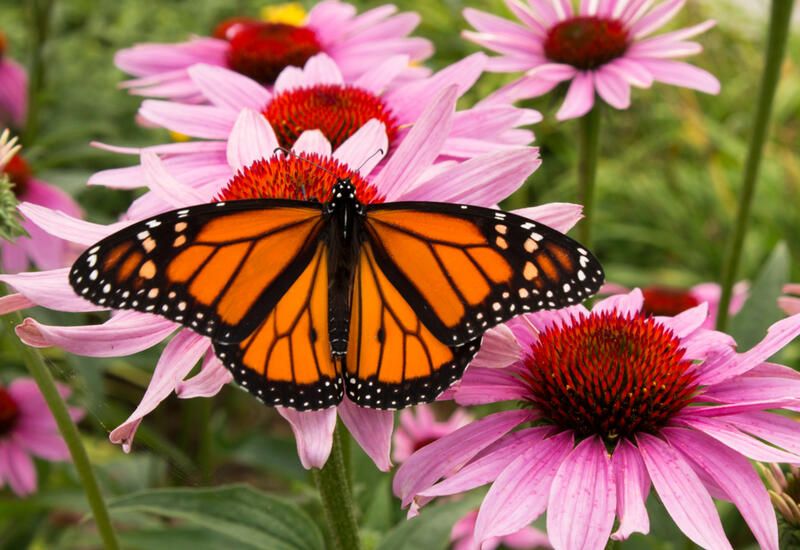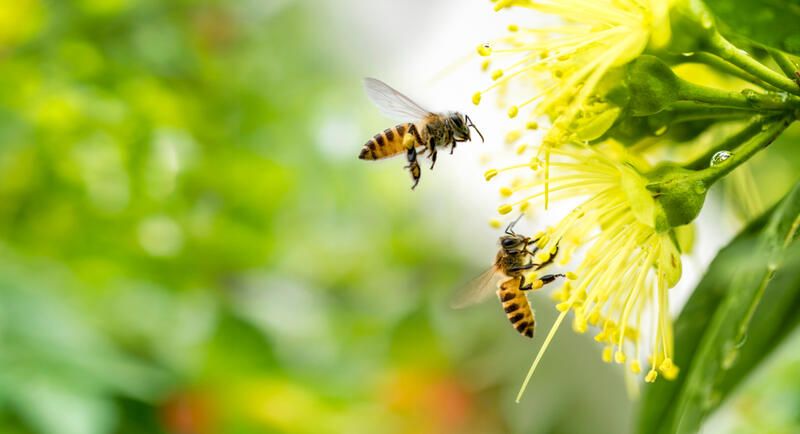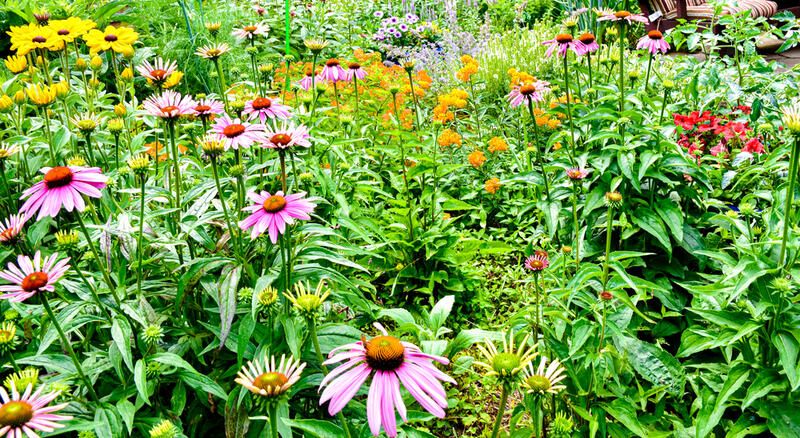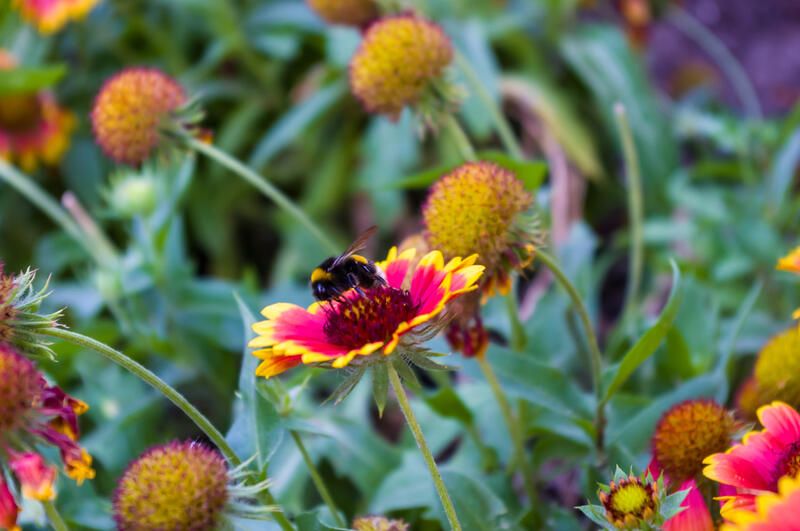
What Exactly Are Pollinators and Why Should You Care?
Published: 27/03/2023 | Updated: 09/09/2023
More people are leaning towards making their garden pollinators friendly now. You might have heard about it and feel a little lost on what it all means.


Luckily, in this article. we've got all the answers for you! Starting with what exactly pollinators are, the different types, their complex relationship with plants, the importance of pollinators, and why you should make your garden pollinators friendly, with a few tips on how to do that!
What are Pollinators?
Pollinators are the creatures, might be animals, insects, or birds, that transport pollen grains from the male anther of a flower to the female stigma of a flower, which fertilizes the plant and allows it to produce fruits and seeds.
Types of Pollinators
Pollinator populations aren't just insects. Here are the main types of pollinators:
Insect Pollinators
While insect pollinators aren't the only pollinators out there, they make for some of the most important pollinators.
They include different bee species like honey bees, butterflies, ants, moths, and beetles.
Native bees are pretty important pollinators for native plants like blueberries and cranberries.
On the other hand, honey bees are considered the most important pollinators for world crops. They pollinate over a hundred different types of plant species and are some of the most essential species in pollination ecology.

Animal Pollinators
Animal pollinators, though not as common as insects and bee species, are essential for many types of plant species.
Lizards, geckos, and lemurs are all pollinator populations!
Bird Pollinators
Bird pollinator populations include hummingbirds, some types of parrots, and sunbirds.
Hummingbirds are very important for flowering plants like wildflowers.
Why are Pollinators Important?
Many of us can underestimate the power and importance of pollinators for our plant species. The united states department of agriculture has estimated that Three-fourths of the world's flowering plants and about 35 percent of the world's food crops depend on animal pollinators to reproduce.
According to that estimation, that would be one out of every three bites of food a person eats.
Healthy ecosystems completely depend on pollination and pollinators. Without them, our ecosystems, wildlife, vegetables, and general food would be in big trouble.
Why Should You Build a Pollinator's Garden?
Pollinators are currently at great risk. They are disappearing, losing habitat, and dying. Bees and bats are especially dying at a high rate.
This is mostly because there are not enough pollinator-friendly plantings to provide nectar and pollen to feed most bees and other insects.
By building a pollinator-friendly garden, you wouldn't just be part of the solution and return of the health of our ecosystems, you would also be greatly benefiting from it.
Your vegetables and flowers will get more pollen carried, leading to healthier life cycles and more flowering.

How To Build a Pollinator Garden?
The Pollinator Partnership of the United States Department of Agriculture offers 32 planting guides to improve pollinator habitat, each tailored to a specific ecoregion in the United States.
Each guide is filled with native plants and pollinator information. You can enter your zip code here to get your planting guides.
Meanwhile, here are some general tips to make your garden more friendly to pollinators.
Plant Native Plants
Following the guide, try to plant as many native plant species as you can to provide nectar and pollen to your native bees and other insects, and other animals.
Plant Long Season Flowering Plants
Flowering plant species that bloom for most of the year are one of the most pollinators friendly out there now as they will provide a continuous food supply to pollinators.

Lessen Your Depenedce on Chemicals and Pesticides
Pesticides can kill both harmful pests and many species of pollinators. The healthier and more natural your garden becomes, the more it'll organically attract beneficial insects.
Try other friendly methods to get rid of pests!
It's important to understand pollinators and how we depend on them exactly as much as they depend on us. In this mutual relationship, we must do everything we can to support them and reap the benefits!
At shrubhub.com, we're all about healthy and beautiful landscapes. Follow our blogs to get crucial knowledge on how to make your garden the best it can be. Because we care about a landscape's health and beauty, we also currently offer a 70% discount on all our design services. Sign up here now so that you don't miss the offer!


